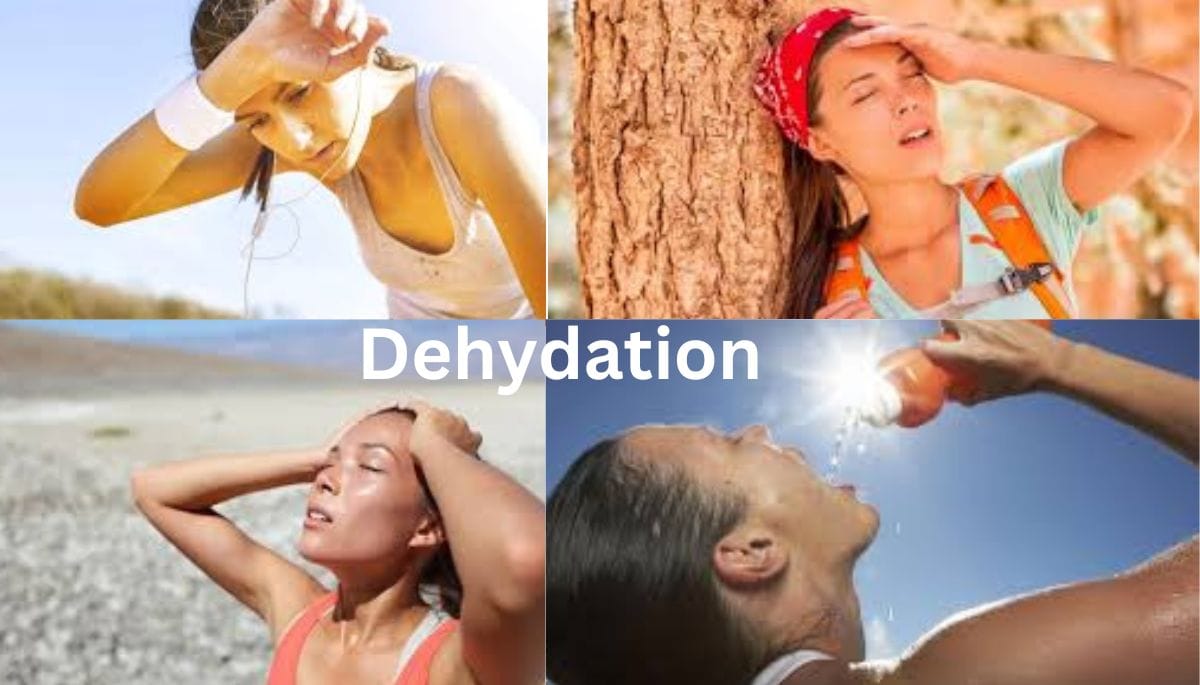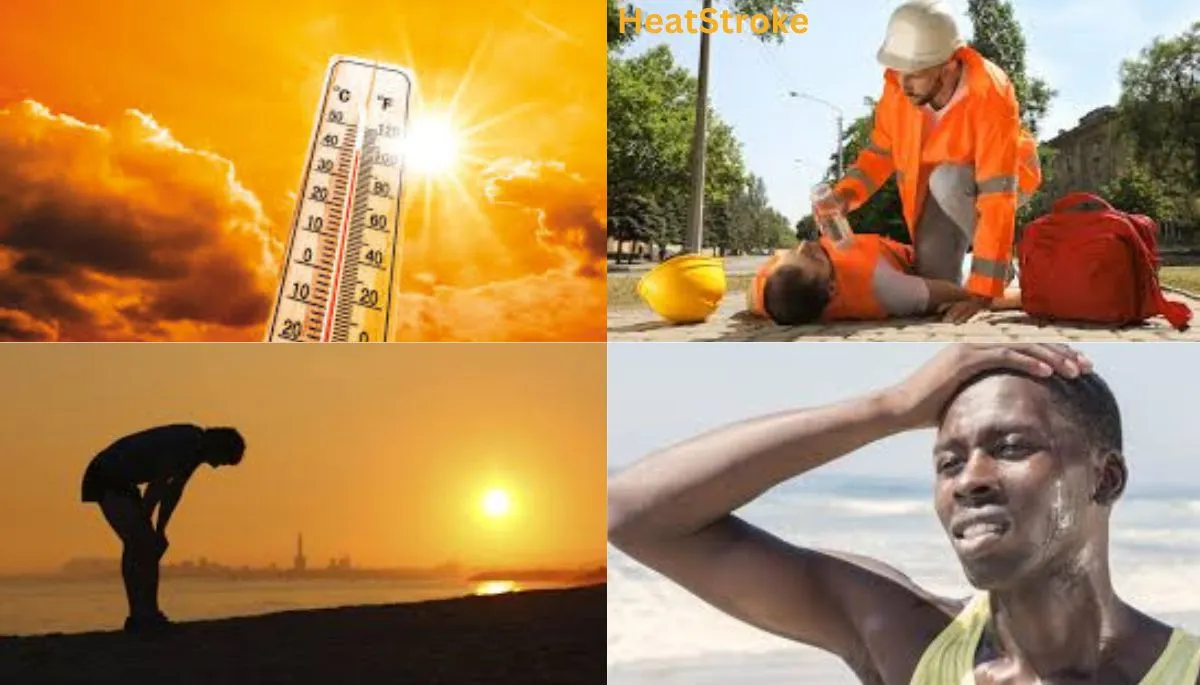Dehydration occurs when your body loses more fluid than it takes in, leaving you without enough water and other essential fluids to carry out normal bodily functions. If lost fluids aren’t replaced, dehydration can occur.
While anyone can become dehydrated, it poses a particular risk for young children and older adults. In young children, severe diarrhea and vomiting are common causes of dehydration. Older adults naturally have a lower water volume in their bodies and may have conditions or take medications that increase the risk.
Even minor illnesses, such as infections affecting the lungs or bladder, can lead to dehydration in older adults. Additionally, dehydration can affect people of any age group if they don’t drink enough water, especially during hot weather or while exercising vigorously.
Mild to moderate dehydration can usually be reversed by increasing fluid intake, but severe dehydration requires immediate medical attention.
Read More…
Symptoms of Dehydration:
The most common symptoms of dehydration are:
- Thirst: Feeling excessively thirsty is an early sign that your body needs more fluids.
- Dark Urine: Dark yellow or amber-colored urine indicates concentrated urine due to insufficient hydration.
- Dry Mouth and Lips: Reduced saliva production can lead to dryness in the mouth and lips.
- Fatigue: Dehydration can cause tiredness and decreased energy levels.
- Dizziness or Lightheadedness: Insufficient fluid intake affects blood pressure and can lead to dizziness.
- Headache: Dehydration may trigger headaches or migraines.
- Sunken Eyes: Hollow or sunken appearance around the eyes can be a sign of dehydration.
- Muscle Cramps: Lack of proper hydration can result in muscle cramps.
- Confusion or Irritability: Dehydration affects cognitive function and mood.
Causes of Dehydration:
Sometimes dehydration occurs for simple reasons: You don’t drink enough because you’re sick or busy, or because you lack access to safe drinking water when you’re traveling, hiking or camping.
Other dehydration causes include:
- Diarrhea, vomiting. Severe, acute diarrhea — that is, diarrhea that comes on suddenly and violently — can cause a tremendous loss of water and electrolytes in a short amount of time. If you have vomiting along with diarrhea, you lose even more fluids and minerals.
- Fever. In general, the higher your fever, the more dehydrated you may become. The problem worsens if you have a fever in addition to diarrhea and vomiting.
- Excessive sweating. You lose water when you sweat. If you do vigorous activity and don’t replace fluids as you go along, you can become dehydrated. Hot, humid weather increases the amount you sweat and the amount of fluid you lose.
- Increased urination. This may be due to undiagnosed or uncontrolled diabetes. Certain medications, such as diuretics and some blood pressure medications, also can lead to dehydration, generally because they cause you to urinate more.
Risk Factors for Dehydration:
- Infants and Children: This group is particularly vulnerable due to severe diarrhea and vomiting. Their higher surface area to volume ratio means they lose a greater proportion of fluids, especially during high fever or burns. Young children may struggle to express thirst or get a drink independently.
- Older Adults: Aging reduces the body’s fluid reserve and impairs water conservation. Chronic illnesses like diabetes and dementia, along with certain medications, exacerbate these issues. Mobility limitations can also hinder water access for older adults.
- People with Chronic Illnesses: Uncontrolled or untreated diabetes and kidney disease elevate dehydration risk. Medications that increase urination contribute, and even minor illnesses like a cold or sore throat make individuals more susceptible due to reduced appetite for food and drink.
- Outdoor Workers and Exercisers: In hot and humid conditions, the risk of dehydration and heat-related illnesses rises. Humid air impedes sweat evaporation, leading to increased body temperature and greater fluid needs.
Prevention in Dehydration:
To prevent dehydration, drink plenty of fluids and eat foods high in water such as fruits and vegetables. Letting thirst be your guide is an adequate daily guideline for most healthy people.
People may need to take in more fluids if they are experiencing conditions such as:
- Vomiting or diarrhea. If your child is vomiting or has diarrhea, start giving extra water or an oral rehydration solution at the first signs of illness. Don’t wait until dehydration occurs.
- Strenuous exercise. In general, it’s best to start hydrating the day before strenuous exercise. Producing lots of clear, dilute urine is a good indication that you’re well-hydrated. During the activity, replenish fluids at regular intervals and continue drinking water or other fluids after you’re finished.
- Hot or cold weather. You need to drink additional water in hot or humid weather to help lower your body temperature and to replace what you lose through sweating. You may also need extra water in cold weather to combat moisture loss from dry air, particularly at higher altitudes
- Illness. Older adults most commonly become dehydrated during minor illnesses — such as influenza, bronchitis or bladder infections. Make sure to drink extra fluids when you’re not feeling well.
Drinking is the first preventing thing to maintain your Health
Drinking is the act of ingesting water or other liquids into the body through the mouth, proboscis, or elsewhere. Humans drink by swallowing, completed by peristalsis in the esophagus. The physiological processes of drinking vary widely among other animals.
Most animals drink water to maintain bodily hydration, although many can survive on the water gained from their food. Water is required for many physiological processes. Both inadequate and (less commonly) excessive water intake are associated with health problems.
Most Popular Drinks are:
- 1 Water – most consumed beverage in the world.
- 2 Tea.
- 3 Fruit Juice.
- 4 Coffee.
- 5 Soft Drinks.
- 6 Beer.
- 7 Wine.
- 8 Milk



